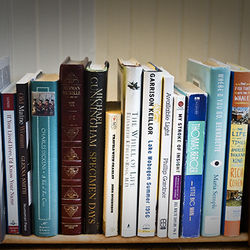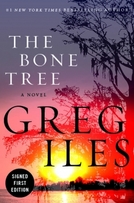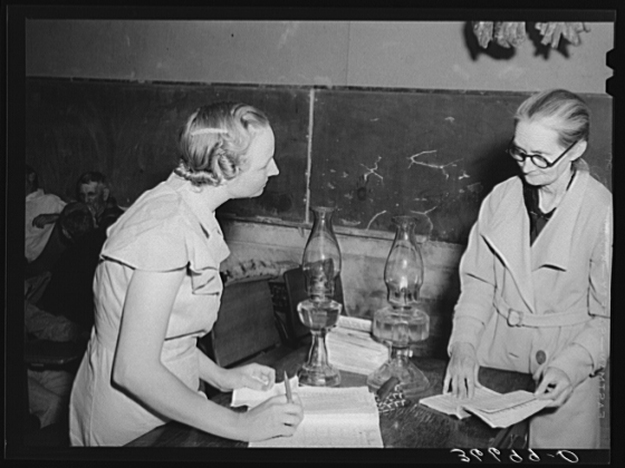Five Million Strong and Growing
by Carole McKellar -
- This month, a look at the illuminating aspects of book clubs - and the social ties that keep over five million readers nationwide engaged in membership.
Literary salons date from seventeenth century Europe. Salons gathered people for the purposes of social interaction and intellectual development. Many ambitious women who were denied opportunities for higher education used salons as an informal university. One the earliest book discussion groups in the United States, started by a group of women in Illinois in 1877, is still in existence.
The Book of the Month Club and the Literary Guild, both founded in the 1920s, made communal reading and discussion easier. The Great Books Foundation, established in 1947, became popular by providing guided discussions of classic books. In 1996, Oprah started her Book Club and motivated millions to read and seek a community of fellow readers.
I want to share some things that I’ve learned from book club membership: Book clubs vary in size, but I recommend limiting the membership so every person has a voice. Hosting in your home is easier with smaller numbers. My clubs meet monthly which seems to be the norm. This keeps the memory of the book fresher. Books clubs also vary in intent. Some groups specialize in a particular genre, such as mysteries, biography, or nonfiction. My clubs read primarily contemporary fiction. Book clubs usually meet in member’s homes, but book stores and libraries are alternatives. According to Scott Naugle, owner of Pass Books in Pass Christian, approximately twelve book groups meet in his bookstore. There are both daytime and evening clubs. How do you find book club members? I knew someone who enjoyed reading and discussing books. We both knew others who did as well. After a few contacts, we had enough people interested in forming a group. Members have come and gone over the years, but the club stays active and strong today. The selection of titles for discussion is the most important job of the group. Sometimes books are picked a month in advance, but some groups pick titles for the entire year. Members will not enjoy every title, but everyone can find something productive to say about each book. In fact, I’ve read and enjoyed books over the years that I never would have chosen for myself. Once you have your members and the titles for discussion, how do you proceed? Usually there is a moderator for each meeting who initiates the discussion. Often it is the person who selected the book. Many novels have discussion questions included in the back, or questions can often be found online on the publishers website. Members can pick and chose which questions resonate. Online resources are plentiful today. Websites such as Book Riot, The Rumpus, and The Millions are devoted to books, readers, and writers. Good Reads allows you to create and/or join an online book club. Book Movement features live chats with authors. 
Other online book clubs include NPR’s Morning Edition Book Club, First Look Book Club sponsored by Random House, NBC’s Today Show Book Club, and Booktalk. Mark Zuckerberg, creator of Facebook, instituted A Year of Books in January, 2015. Within the first few days, there were 137,000 followers.
The National Endowment for the Arts sponsors The Big Read which awards competitive grants to support innovative reading programs in selected communities. Since 2007, eleven hundred grants have been awarded. Towns pick a book, plan related activities, and encourage their entire population to read. I’d like to see Bay St. Louis compete for a grant. Approximately five million people participate in book clubs in the United States. The desire to meet new people, continue learning, and participate in lively discussions is a powerful motivator to seek membership in a group. Comments are closed.
|
Categories
All
Archives
July 2024
|
Shoofly Magazine Partners
Our Shoofly Partners are local businesses and organizations who share our mission to enrich community life in Bay St. Louis, Waveland, Diamondhead and Pass Christian. These are limited in number to maximize visibility. Email us now to become a Shoofly Partner!





























 RSS Feed
RSS Feed























